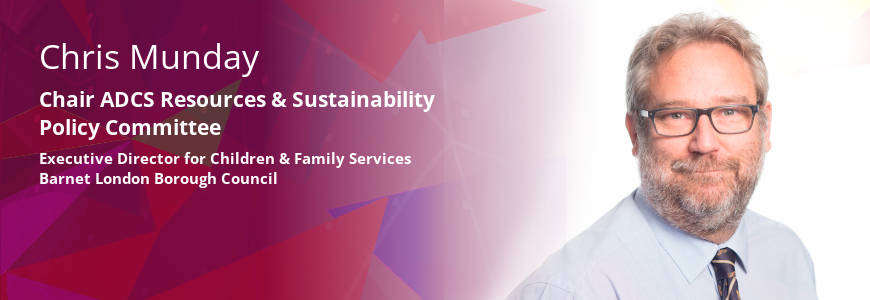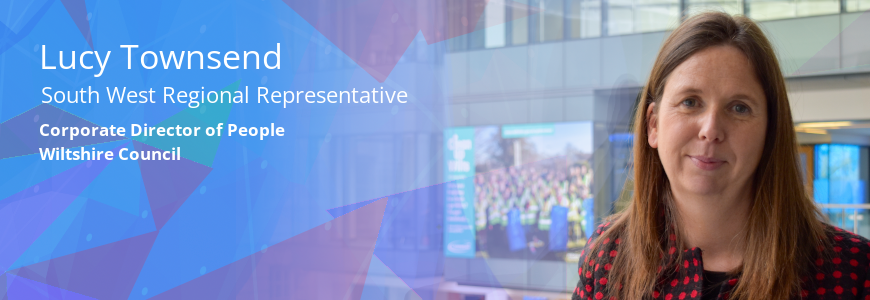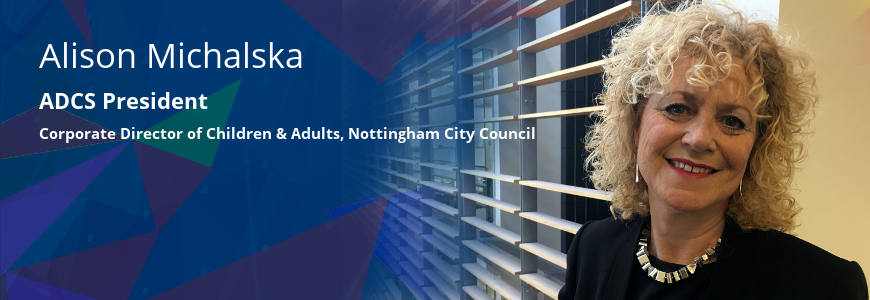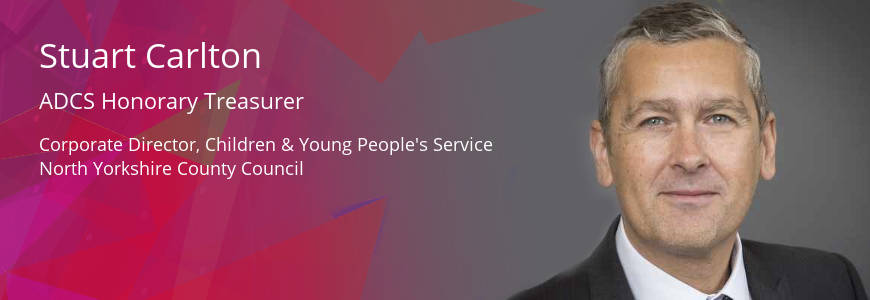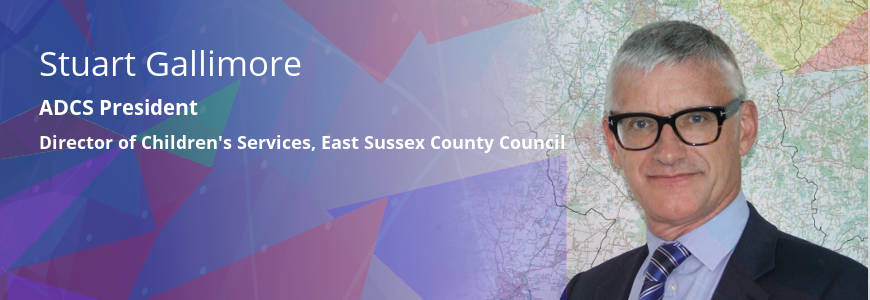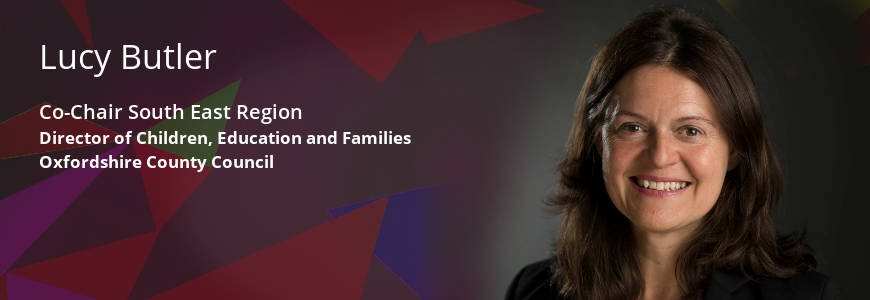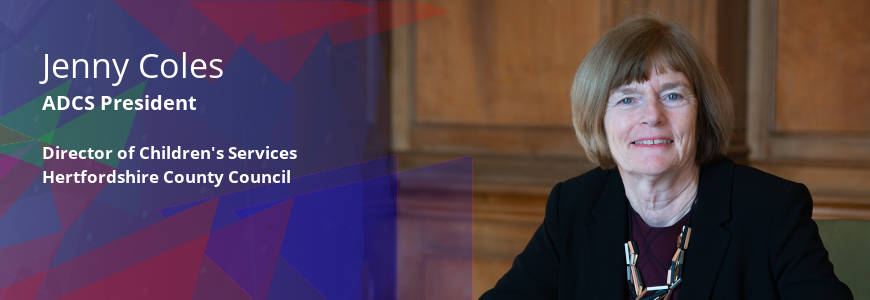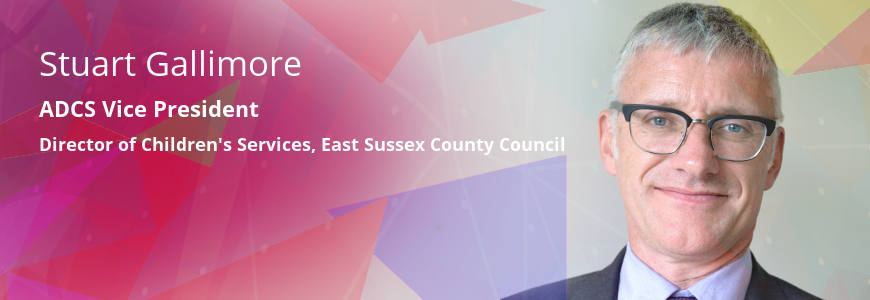A system built on care, love and compassion
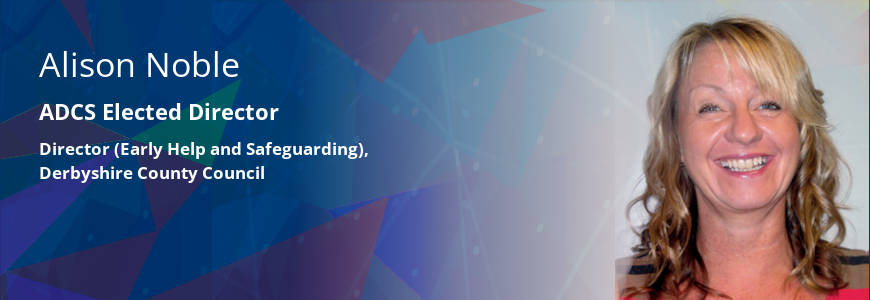
Whilst away on holiday and having more time to tune into world news, I became acutely aware of the tragedy in Turkey and Syria following the recent earthquakes. The lives of many children and their families have been tragically destroyed by these events and approximately 1,500 children are estimated to have been orphaned through the disaster.
One baby’s situation struck me as so sad but so remarkable in equal measures when she was found still attached to her dead mother by her umbilical cord, her siblings and her father also died in the earthquake. The baby was named Afraa after her mother and she has survived this horrendous start to her life, recovering swiftly from her physical ordeal with strength and resilience. Afraa has now been united with extended family members who will take care of her, and I am sure will treasure her within her family network.
Survival through adversity is more likely to be achieved with strong caring relationships and people who are around to catch us when we are falling and give us back a sense of belonging and meaning in life. Children with adverse childhood experiences who experience vulnerability deserve the warmth of a loving family. With this in mind, I was uplifted with some of the language in the children’s social care implementation strategy when it states that ‘the best way of promoting children’s welfare is very often by supporting children’s families and the loving relationships around them’.
Throughout my career I have been focused on family ‘help’, often best achieved through straightforward approaches which provide a clear vision of what is not going well from the families’ perspective, how they believe they will be best helped and shaping support with them to enable effective and sustainable change. Children who experience loss, grief, insecurity, instability, and fear will often respond in a variety of ways, sometimes with extreme and testing behaviour. They can dip in and out of their feelings, one minute they seem to be happily playing and the next they are intensely sad and challenging, at times with aggressive reactive behaviours, pushing their families and carers to their limit.
Living with children where extreme responses occur is incredibly difficult and ‘help’ for families in crisis, stress, and distress is complex and may require a level of expertise… but not always, and many times a warm conversation which demonstrates understanding and compassion can go a long way. If professionals in the childcare system adopt the sentiments of the social care review and ‘help’ families to build stable homes based on love, then more children may be helped to recover and grow stronger despite their adverse experiences.
You may be wondering where the linkage with the extreme experiences of the families impacted by the earthquake is. For me, it’s in our reflections on the implementation of the changes to the children’s social care system. The immense care and compassion people were demonstrating in their rescue efforts, going the extra mile without fear or favour. For many children and their families in Britain they may not have had the physical experience of a building come crushing down on them or the sudden loss of all their family members, but for the vulnerable children we seek to ‘help’ through the social care system their worlds are definitely rocked with the emotional force and gravity of an earthquake. As a system we must respond with love, care and compassion to facilitate systems and structures that are impactful, otherwise our efforts could continue to be in vain. The culture in which we give ‘help’ is equally as important as the help itself and, in the implementation of the changes in the system, consideration needs to be given as to whether we have the right approach and conditions for change to be impactful for those we seek to ‘help’.
Related Blog Articles
This is my first blog for ADCS and I would, firstly, like to thank colleagues...
In Funding
I write this travelling home from London, having spent the day at the National...
In General
We are coming to that time of year when letters to Father Christmas have been...
In General
Hi I’m Cassie, one of around 600 children and young people in care living in...
In Care
I’ve always been a bit of a data nerd, right back to when I did some work on...
In Early Help & Families
Last month we celebrated National Adoption Week and this year’s theme was...
In Care
This needs to be the starting point of everything we do in children’s...
In Care
At some point over the past 20 months most of us will have attended a virtual...
In General
Last week I spent some time in one of our respite units for children with...
In Care
‘We lay the foundations so they can soar’, said Anna, our retiring Virtual...
In Youth Justice & Secure Estate
On 22 May I joined many other people in watching a Panorama programme exposing...
In General
The National Children and Adult Services Conference 2019 opened on Wednesday 20...
In General
In normal times, yesterday would have been the day of my Presidential Reception,...
In General
I visited North Yorkshire this week with a small number of colleagues, to find...
In Care
Like most directors of children’s services (DCSs) I think I am pretty good at...

